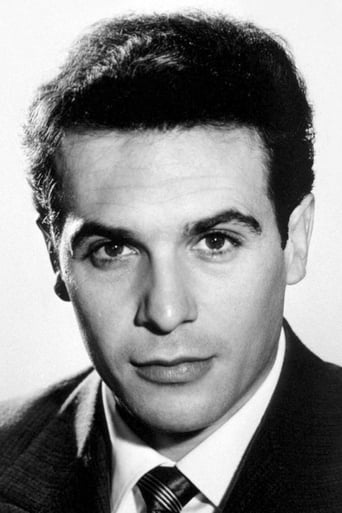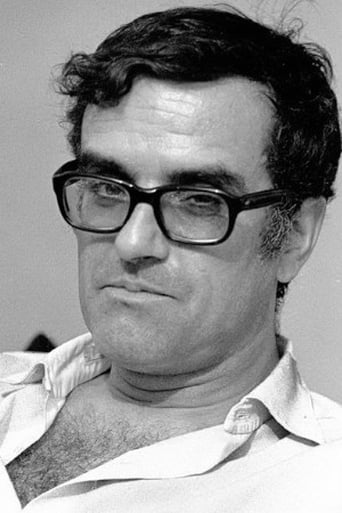Tacticalin
An absolute waste of money
FuzzyTagz
If the ambition is to provide two hours of instantly forgettable, popcorn-munching escapism, it succeeds.
Anoushka Slater
While it doesn't offer any answers, it both thrills and makes you think.
Jackson Booth-Millard
From surrealist director Luis Buñuel (Un Chien Andalou, Belle De Jour) comes this serious and extraordinary documentary. In a northern region of Spain called Las Hurdes, not far from Salamanca, are villages in a mountainous area with extreme poverty. The people of these villages, The Hurdanos, are the focus, and their lifestyles are too terrible for words. We see the escalating starvation, a goat fall to its death (the only time they will eat one, the rest live for milk), a baby die, and of course, the rare time to eat bread. These images are devastating to watch, but at the same time you know it is all real, and it makes you realise what charities, e.g. Comic Relief, Oxfam, are trying to stop happening. With narration by Abel Jacquin. Very good!
pamatemybaby117
Bunuel was sick of condescension so he made the most condescending movie ever. He didn't want to make a film wherein people saw it, felt awful, gave five dollars to charity, and patted themselves on the back. Instead he made a movie where you laugh all the way through and feel ashamed of yourself for a week afterwards. This was not meant to be a documentary because, at the time, there was no such word. It was meant to be a true-ish film that was a take off of overly sympathetic travelogue films.When they shoot the goat it's amazing. Because first you think you witnessed a tragic fall and then you realize that there are three camera angles and visible gun smoke. You're meant to laugh. The donkey that was stung to death by bees was first covered in honey.The fact that the men leave an then come back is Bunuel's comment on people. We go back to awful situations because we're afraid of new things, He makes you laugh at the people and then realize it's not just them you've been laughing at.The whole thing is horrific and amazing.Also, apparently, a couple of years ago, a professor of film at Columbia turned off the soundtrack because he didn't believe it was original. He didn't think Bunuel meant it to be there because it mocks the people so much. but Bunuel most definitely did.
Andres Salama
This 30 minute documentary Buñuel made in the early 1930's about one of Spain's poorest regions is, in my opinion, one of his weakest films. First, let's admit that 70 years later, Spain is much richer than it was then (and when I say this, I fully admit that wealth can bring problems of its own, like excessive individualism and consumerism, though all in all wealth it's a far better condition than the extreme poverty portrayed here). And if poverty receded in Spain it was not exactly with the sort of socialism that Buñuel favored, but with Western European style capitalism. But one of the most shocking things about the movie is this: in one scene, the narrator chides that in school, children are taught the value of Pi. Teaching math to poor people, the horror!. Buñuel shortsightedness is at its most glaring here, not realizing that it is access to the latest knowledge and technology what will help the poor overcome their situation. What is he proposing? That children are taught exactly what at school? Doesn't Buñuel understand that it is the lack of modern technology that has made them poor in comparison with other people?
j0equ1nn
it's not fair, but people often see humanity divided into us and them. but fair or not fair, i tend to see it that way too. and this film is the closest single piece of art to drawing that dotted line right down the middle. if you don't like it, and most people don't, i don't think i'd be very good friends with you. Bunuel was a fantastic man. i recommend his other films, but i think this is his best. i also recommend his autobiography: My Last Sigh.


